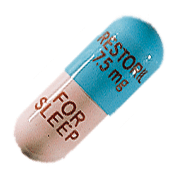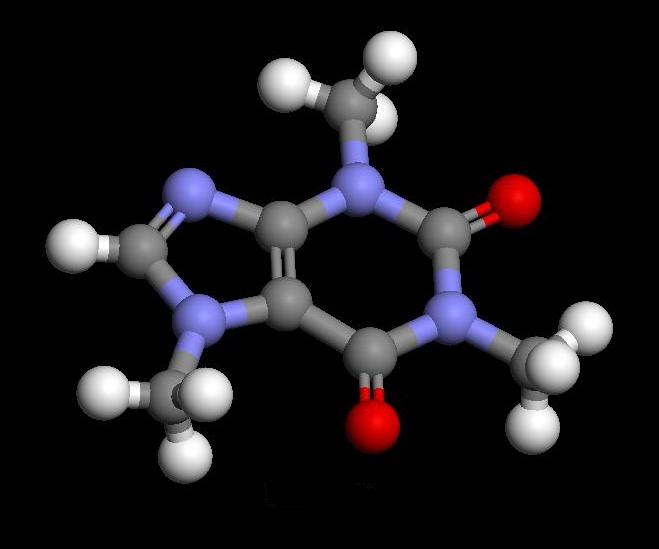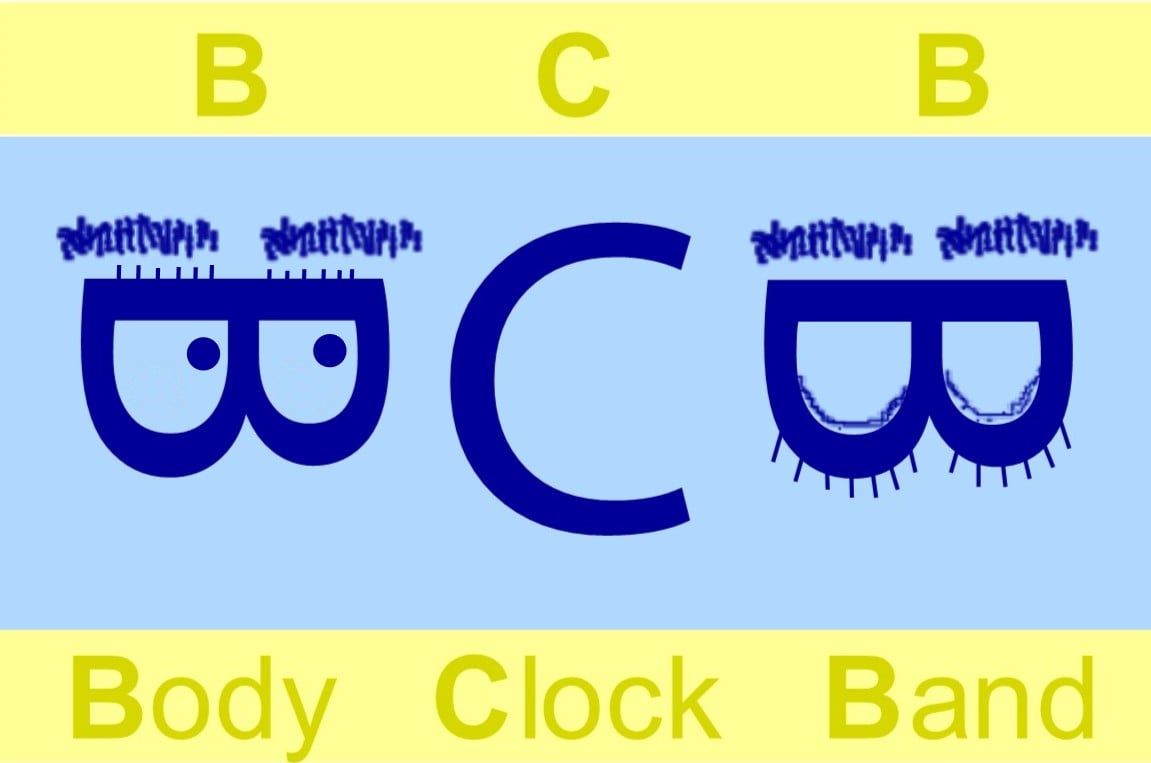Present Technology |
Many ways exist to treat insomnia. Benzodiazepine (BZD) drugs calm by reducing neuron activity, but cause side effects. Non- BZD drugs act at the BZD or Melatonin receptors. Melatonin is a sleep hormone. Other solutions to sleep problems include relaxing sounds, aromatherapy, and massages. The SleepSmart alarm clock wakes the user during non-REM sleep so he/she feels more rested than if woken during REM.
Ritalin©, amphetamines, and Provigil© promote wakefullness. Ritalin© and amphetamines have side effects, but Provigil focuses on one brain receptor and does not induce euphoria. It is used to reduce daytime sleepiness due to sleeping disorders. Caffeine and the ActiWatch© Alert (Cephalon) also help one stay awake. The ActiWatch© device monitors body activity; an alarm sounds when no movement is detected.
Transdermal patches send drugs through the skin and into the bloodstream. If the molecules are small and fat-soluble, like nicotine molecules, they bypass the Blood Brain Barrier (BBB) and can affect neurons in the brain.
The circadian rhythm is an adaptable 25 hour body clock found in the hypothalamus. It uses external cues to regulate functions of the body like melatonin production.
. 
Restoril (temazepam): a BZD 
A caffeine molecule
